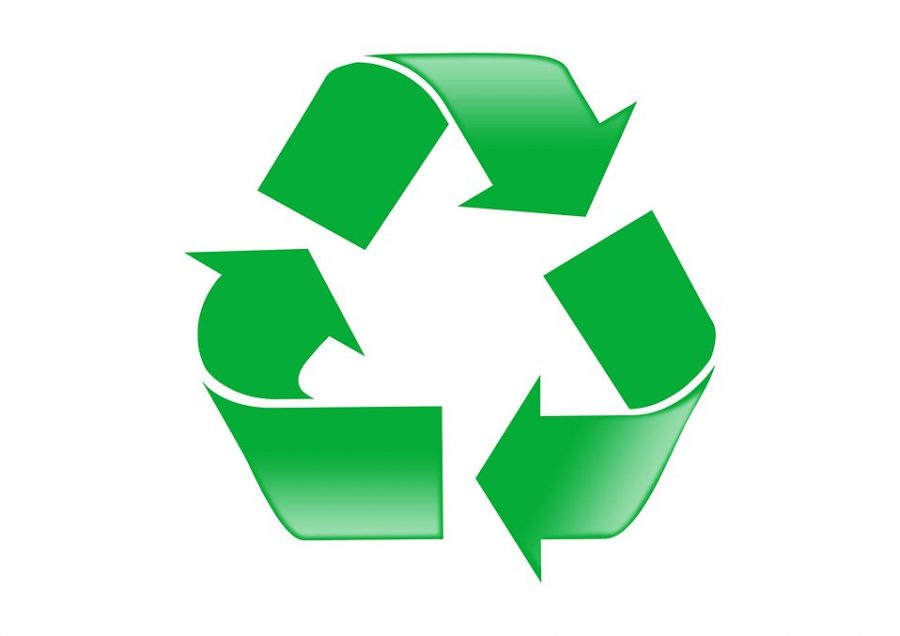A note from someone who takes out your trash
Recently, I was sorting through recycling during my trash shift at the Physical Plant, and I came across a banana peel in a recycling bin. A banana peel, for those who do not seem to know, cannot be recycled. Reaching into the bin to remove it, I mumbled to myself, “We’re all going to die.” Sounds overly dramatic? It’s not.
On Oct. 7, The New York Times published an article summarizing a recent report by the UN Intergovernmental Panel on Climate Change. The report suggests that even the most recent climate change projections — those upon which the Paris agreement are based — underestimate the severity and immediacy of the issue. It projects “a world of worsening food shortages and wildfires, and a mass die-off of coral reefs as soon as 2040,” according to the Times piece.
This month we learned that the situation of our planet — of us and everything else — is even worse than we thought. And this month I have been continually reminded that this community still has yet to master a practice as basic as recycling.
To be clear, this is not just about a single banana peel found in the recycling. What I am talking about is hundreds of Keurig cups, pizza slices and half-finished smoothies that end up in our recycling, contaminating it, making it trash, and ultimately causing recyclable material to be hurled into the dumpster every single day. What I am really talking about is care. A banana peel in the recycling bin is a snapshot of a careless, inattentive praxis.
All things considered, that banana peel does not matter. One bag of good, clean recycling is certainly not going to reset the disaster course we have set for ourselves. Yet, minute and unnoticed individual actions — tossing a banana peel or an unfinished cup of coffee into a recycling bin — reflect what we deem worthy of care.
Really, truly, what I am trying to say is this: There is no meaningful distinction between theory and practice, care and action. How one lives is what one believes. Tossing a banana peel in a recycling bin is a statement of faith — bad faith. It betrays a lack of functional concern for the most universally pressing moral, ethical and pragmatic concern of this moment in history. Even if we talk a certain talk at Calvin, I have seen what we recklessly fail to handle with care. I have dug through our trash and recycling alike, seeing and smelling and sometimes spilling on my pants the outcome of a belief in waste without consequences and endless convenience.
If our theory is informed, as it should be, by the best and most recent science, why is our practice faltering? We simply, in the most practical terms, do not care. We create an imaginary gap between theory and practice, belief and action, tricking ourselves into thinking that either everything will be fine or that our actions are too microscopic to matter.
And sure, individual actions can seem, and probably are, more symbolic than otherwise. Policy is the ticket. But, I think it is still our moral — and yes, religious — duty to engage our day-to-day creatively, in an active effort to imagine a better way of being.
Especially on this campus, where we are steeped in the language of renewal, we ought to include in that process the tiny actions that make up our lives — how we eat, what we buy, how we travel, what we throw away. We need to care. We need to bridge the praxis gap, embodying a carefulness that is consistent with a belief-system that calls us to imagine — and to image — a world that is unprecedentedly new and holistically good.




